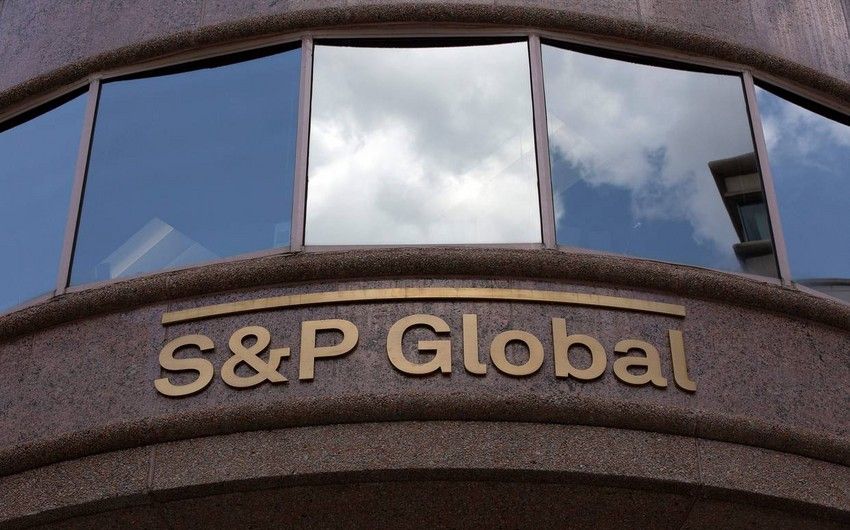S&P: Growing security threats in Red Sea may also affect supply of Azeri Light

By Alimat Aliyeva, AZERNEWS
South Korea's Ministry of Trade, Industry and Energy and major local refineries expect that tensions over the Strait of Hormuz and the activities of Houthi militants are unlikely to prevent crude oil imports into the country from the Middle East, but some shipments of Kazakh CPC Blend crude oil may face delays in arrival as they follow a longer route to Cape of Good Hope.
This is reported by Azernews with reference to the international rating agency S&P Global Commodity Insights.
"The supply of Kazakhstan's light sweet CPC blend is under threat due to the growing security threats in the Red Sea area. CPC Blend oil is first delivered from production facilities to the Russian Black Sea port of Novorossiysk via the Tengiz-Black Sea pipeline, and then through the Suez Canal to South Korean ports," S&P notes.
According to refinery sources with direct knowledge of the
situation, CPC Blend crude oil shipments for South Korea rounded
the Suez Canal and headed along a longer route to the Cape of Good
Hope.
The dependence of Asian refineries on the Red Sea shipping route in
total crude oil imports is negligible. Almost all crude oil
shipments from the United States, Latin America and West Africa are
usually sent to the Far East via the southern tip of South
Africa.
However, small volumes of Libyan El Sharara oil, Mesla mixture and Mellitah condensate, as well as Algerian Saharan Blend, Kazakh CPC mixture and Azerbaijani Azeri Light oil are delivered in Suezmaxes tankers or smaller tankers that pass through the Suez Canal and the Red Sea route before reaching the Far Eastern direction.
South Korea regularly imports about 2-5 million barrels of CPC Blend oil per month, but refineries have said they will reduce purchases of light low-sulfur oil as shipping costs rise sharply, while supply delays of up to two weeks are expected in the first place. Cargo with a quarter loading has been purchased, sources in the management of the refinery and the raw materials company said.
Meanwhile, refiners noted that the logistical risks and higher costs of transporting CPC Blend oil are unlikely to harm their monthly raw material purchase plans, as there are many alternative supply options.
"The Suez Canal and the Red Sea have never been an important oil
trade route for South Korea," said a manager of high—sulfur crude
and condensate reserves at the Ulsan refinery.
South Korea does not necessarily have to depend on supplies from
North Africa and the Mediterranean, since a lot of light,
low-sulfur oil is offered in the United States, said raw material
managers at two refineries.
U.S. crude supplies in December, mainly light grades of oil, including WTI Midland, increased by 18.9% year-on-year to 15.7 million barrels, customs data showed, which was the largest volume since 15.09 million barrels received in January 2022.
In total, the world's fourth largest oil importer received 88.22 million barrels last month, or 2.85 million barrels per day of crude oil.
For the whole of 2023, South Korea imported 1 billion 004.1 million barrels of crude oil, which is 2.6% less than 1 billion 031.28 million barrels imported in 2022, customs data show.
---
Follow us on Twitter @AzerNewsAz
Here we are to serve you with news right now. It does not cost much, but worth your attention.
Choose to support open, independent, quality journalism and subscribe on a monthly basis.
By subscribing to our online newspaper, you can have full digital access to all news, analysis, and much more.
You can also follow AzerNEWS on Twitter @AzerNewsAz or Facebook @AzerNewsNewspaper
Thank you!
